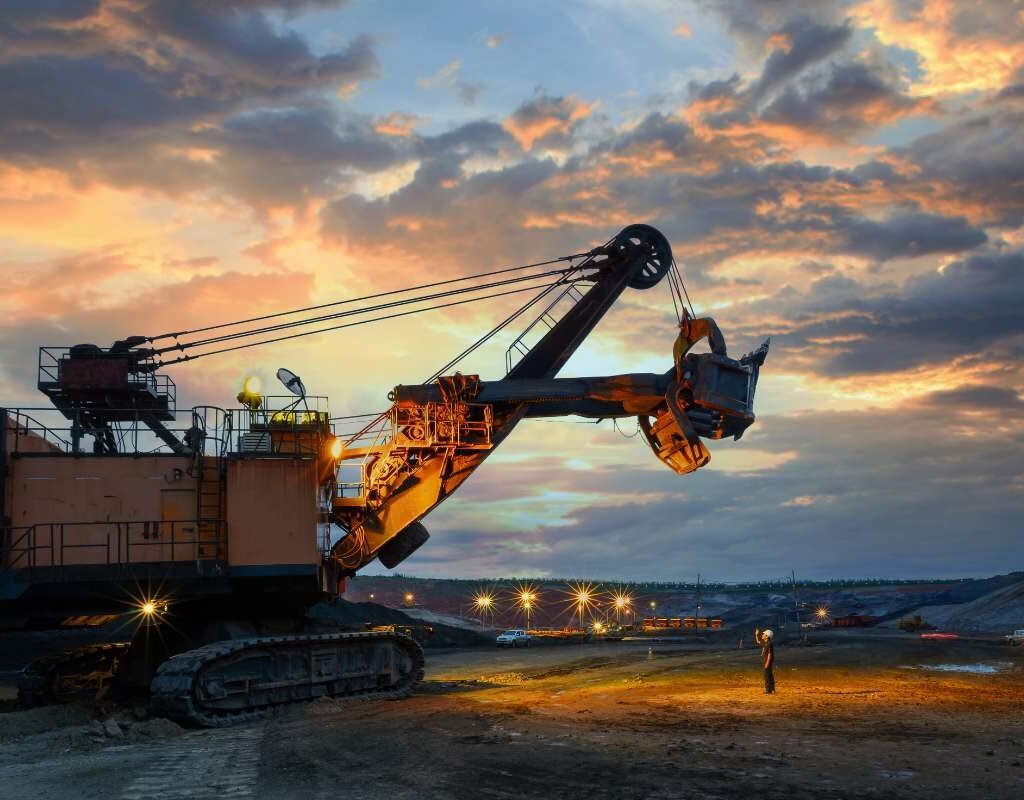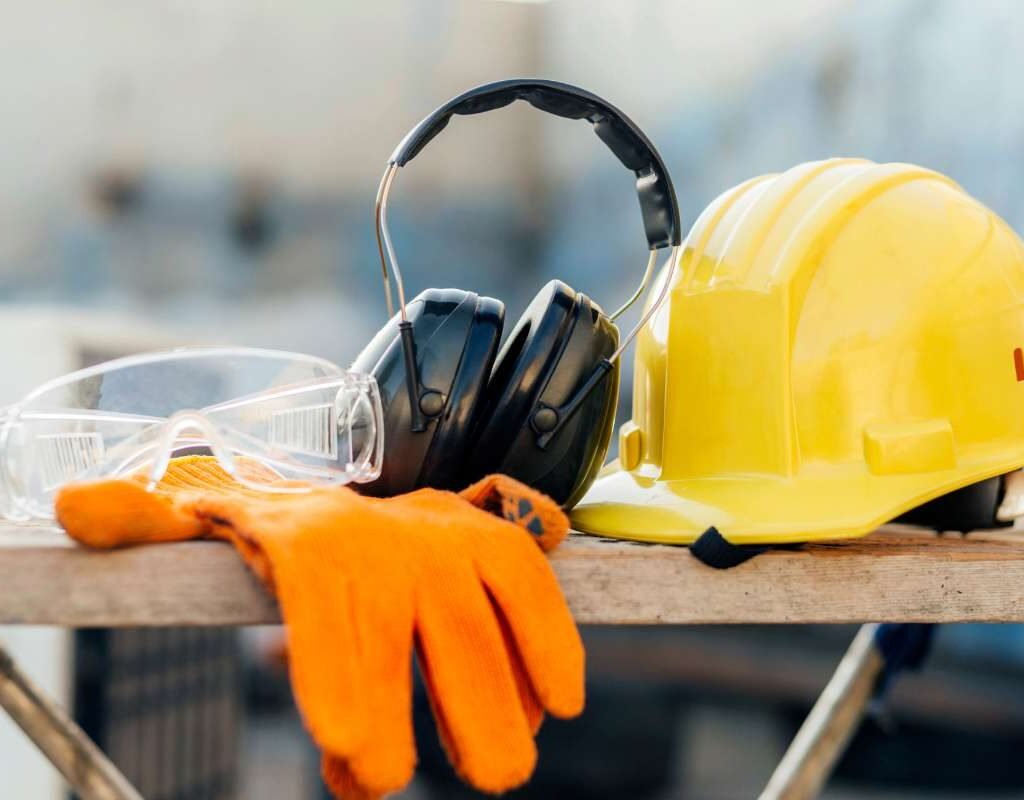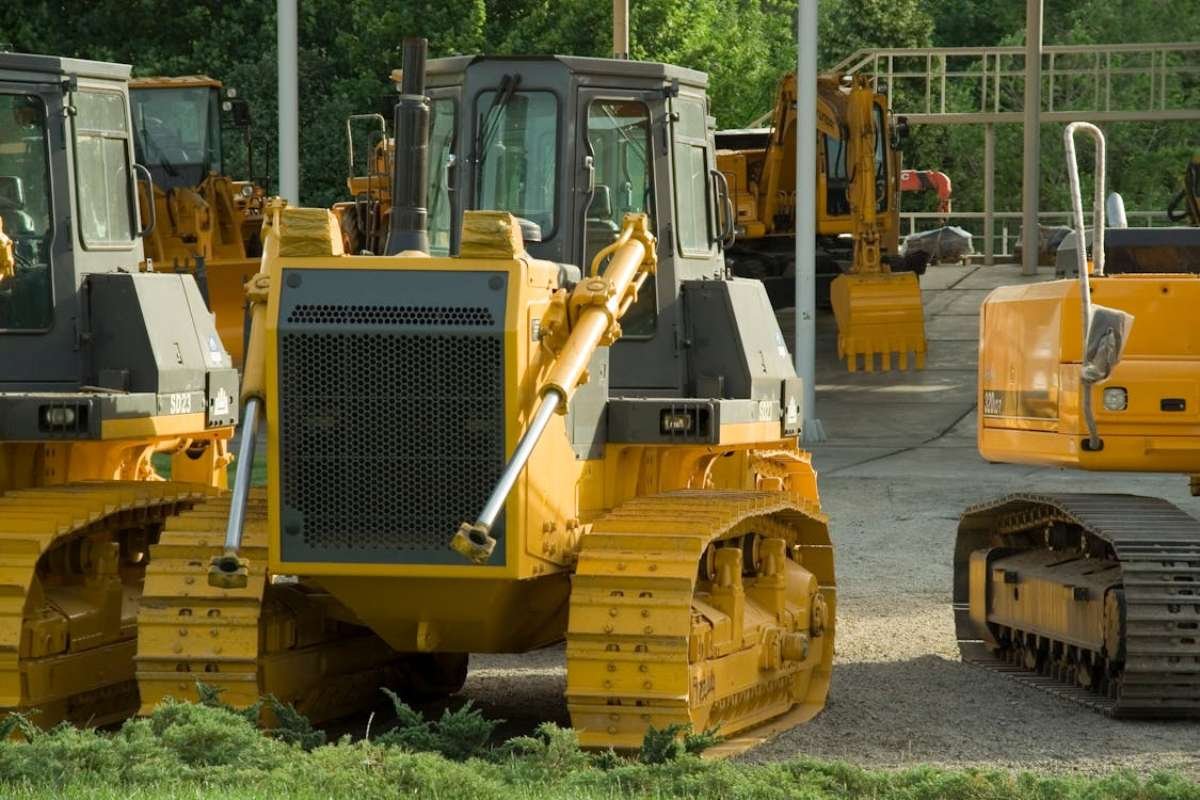If you’re operating a construction site, then keeping your workers safe is, naturally, going to be one of your highest priorities. However, out of all the potential risks, However, among all potential risks, improper heavy machinery operation or malfunction remains one of the most common and potentially damaging causes of accidents. As such, any approach to safety has to start with a thorough consideration of how you manage your machinery.
How Safety Starts With Smart Heavy Machinery Operations?
1. Routine Maintenance Is A Must
While improper heavy machinery operation or lack of safety protocols is a common concern, accidents caused by machine malfunction should also be taken seriously. In many cases, they are completely preventable, too, only stemming from overlooked maintenance. Establish a thorough servicing schedule for every piece of equipment, and get to know its common defects and malfunctions, so that you know what to keep an eye out for. Routine maintenance not only prevents breakdowns but also identifies potential hazards before they escalate. Simple steps like oil changes, filter replacements, and tightening loose fittings can save lives and money.
2. Provide Ongoing Operator Training

The most advanced machinery is only as safe as the person who is driving it. As such, you must ensure that thorough training is continuously provided for each worker, not only to keep up with licensing, but to make sure that they’re always fully aware of the machine’s capabilities, limitations, emergency protocols, and safest use policies. Training for new hires should cover start-up checks, safe load handling, communication signals, and what to do if something goes wrong, while experienced operators should be given refresher courses before using equipment to keep them current with evolving safety standards.
3. Ensure You’re Using High-Spec, Reliable Equipment

If you’re using older, low-quality, or ill-fitting machinery for the circumstances of the job, then no matter how careful your operators are, accidents are more likely to happen. For instance, when working on more unstable ground, standard vehicles might be more prone to accidents, so investing in PBS trailers, which are designed with enhanced braking and load control, is worth the cost that comes with it. What you pay for to use premium equipment will pay in reliability, reduced maintenance, and avoiding the workers’ compensation you might have to pay as a result of accidents that happen otherwise.
4. Maintain A Safety-Conscious Site

A work site that is much better organized is one where accidents are a lot less likely to happen. How your team navigates around and works beside machinery is vitally important. Make sure that you establish clear safety zones, traffic routes, and communication rules that everyone has to follow. Using the right signage, barriers, and high-visibility markings to clearly separate pedestrian and machinery areas is recommended, as well. Maintaining awareness and avoiding complacency during heavy machinery operation is essential-address unsafe behavior and enforce rules consistently to ensure safety.
The specifics of how you manage your machinery and ensure it’s used safely on the site will depend on the nature of the job, but the tips above should have you looking more closely at where to start.









